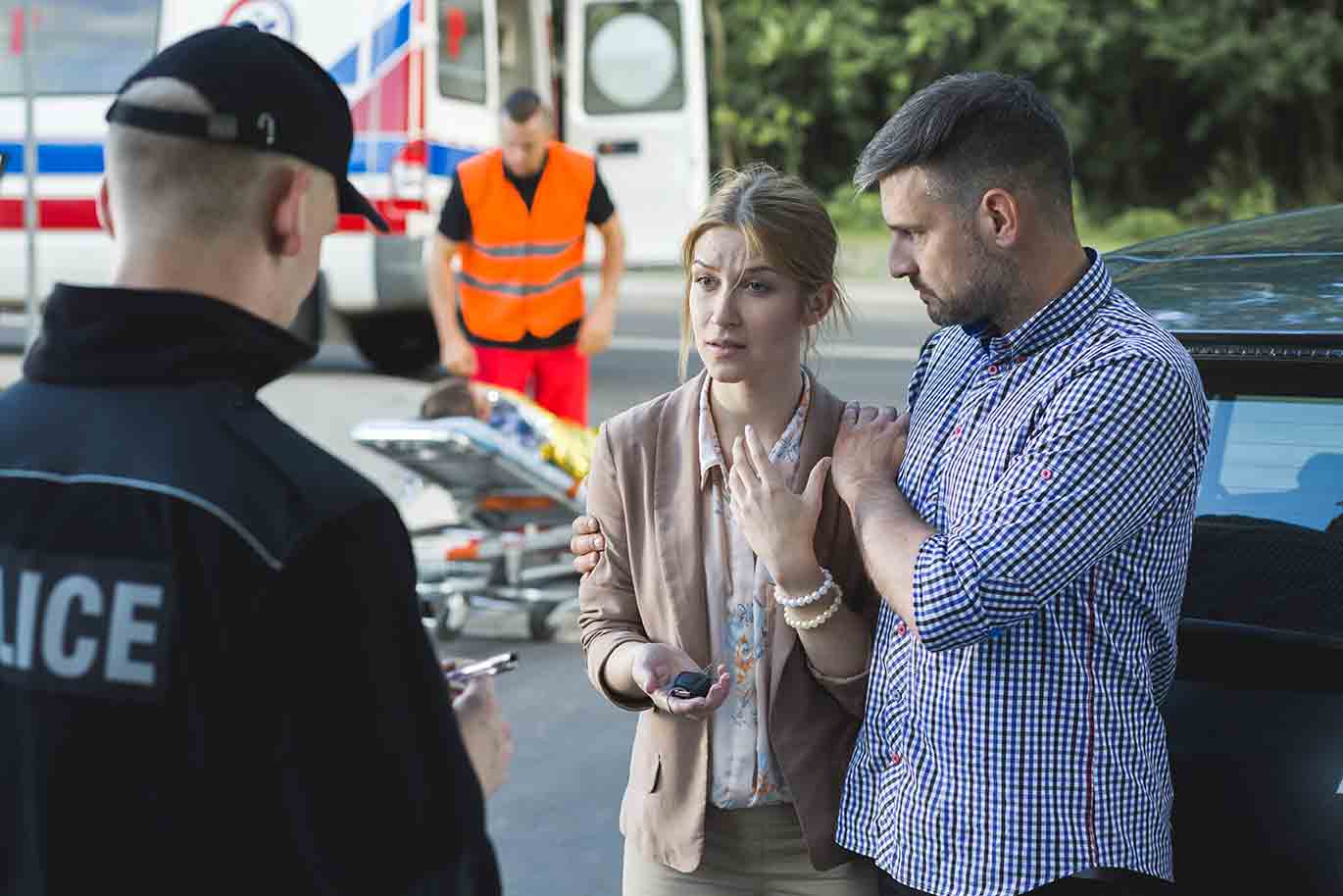Handling the Aftermath of an Auto Accident
- By Admin
- •
- 23 Nov, 2017

If you've been in an auto accident, you may be concerned about what's going to happen next. If you're injured, there are going to be substantial medical bills coming your way. Who is going to take care of them? It all depends on you and your actions.
Giving Information to the Police
Police officers are going to need your license, registration and insurance information. They will also want to take your statement regarding the accident. While this police report may be used in settlements, it may not be admissible during a trial.
Regardless, you do not need to give the police any information regarding the accident. You should be polite as possible, but giving information may not go in your favor if fault in the accident was at all in dispute.
In some situations, an accident's cause is clear - such as being rear-ended. In other situations, it may not be clear which car hit another. In this case, a statement could unfairly skew perception against you. If you say that you aren't certain that a light was red or if you aren't sure how fast the other car was going, your statement could be used to make a case that you were the inattentive driver.
Getting Medical Care
Even if you don't think you were injured, get medical care immediately and thoroughly document the care you receive. Some injuries following an incident are not be obvious until a few days later. If you get care later on, the other individual can argue that you weren't injured after the accident or that your injuries are exaggerated. Get as much documentation as you can.
Dealing With Auto Insurance
Accidents have to be reported to your insurance company if you want a claim paid out. However, some insurance companies may decide that closing the case and finding you at fault will be faster than attempting to litigate.
The goal of an insurance company is to mitigate their damages, not your own. This can sometimes include claiming that you weren't injured as badly as you were, because otherwise they may have to pay your medical debts.
You should also be aware that there is never a reason that you should have to talk to the other person's insurance company, though they will contact you. You can either refer them to your own insurance company or to your lawyer, but there is usually nothing to be gained by speaking with them.
Finding a Lawyer
For a bad accident or significant injury, speak with a lawyer before talking to your insurance company. While you can report the incident to your insurance company and give them a case number for the police file, you should hold off on discussing anything in depth until you've brought all of the information to your lawyer. Your lawyer can give you more details on how to proceed.
Apologizing for the Accident
Many people agree that you should never apologize or say that you're sorry after an accident. An apology after an accident can complicate your case because someone may assume that you were at fault if you were apologizing. But contrary to popular belief, apologizing isn't an admission of fault. Not only do many people automatically apologize, but additional factors can weigh in later. Try not to say you're sorry, but don't assume that means that your case is void if you do.
An automobile accident is complicated, and many issues could prevent you from getting what you need to take care of your medical treatments. You should always consult with an attorney as soon as possible to increase your chances of success. Contact Frank W. Thompson Attorney At Law Erwin & Thompson LLP today.

